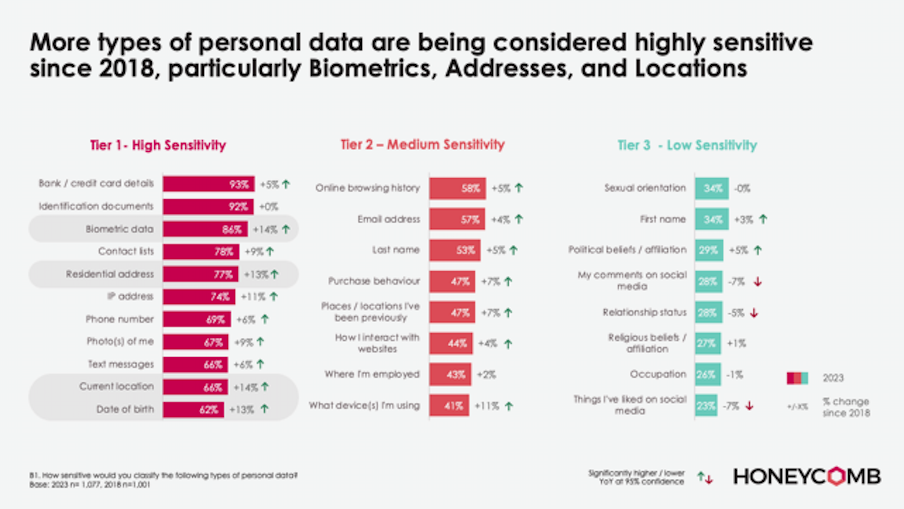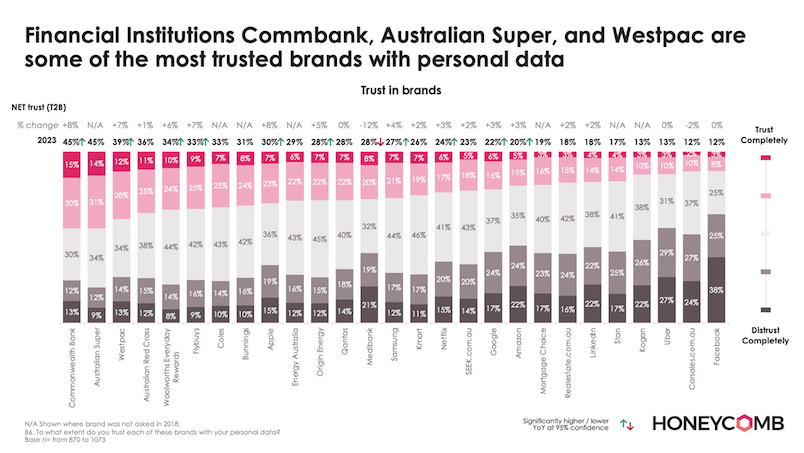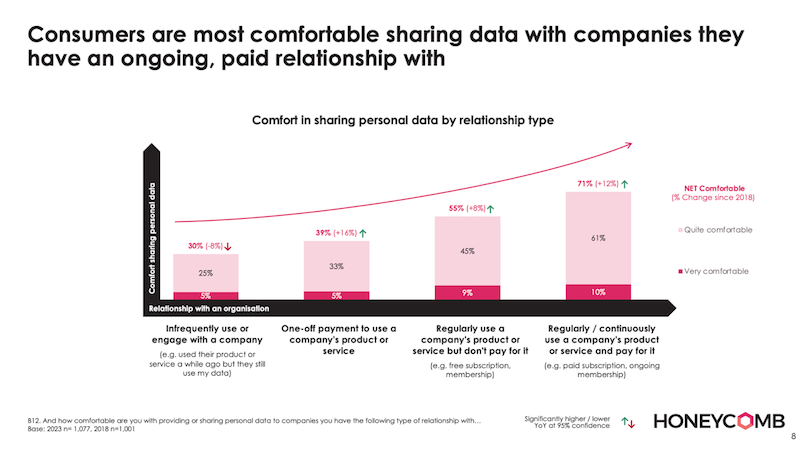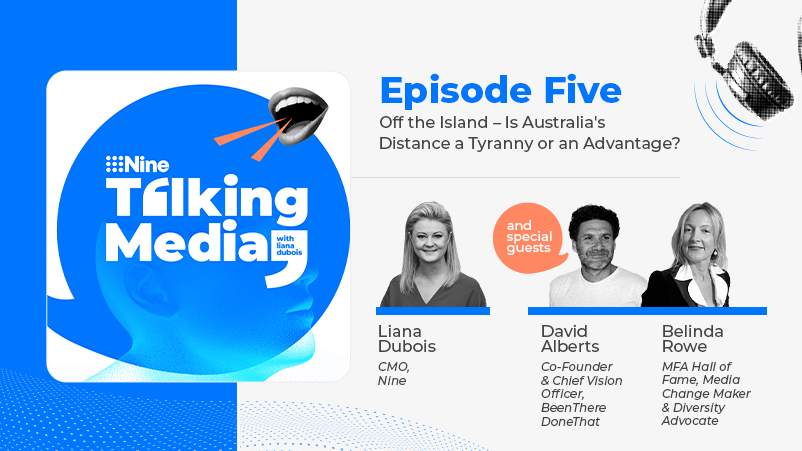Privacy pincer: Companies need to confront the data trust hangover – before it's too late
With sweeping reforms to the Privacy Act set to become law this year, brands and marketers face a daunting task of reimagining engagement strategies to better meet consumer expectations on data privacy. Before it’s too late. Honeycomb Strategy boss John Bevitt says its time to get consent policies sorted, and have a clear plan of action to make sure of avoiding Optus-Medibank levels of fallout if the worst happens.
In an age when personal data is as valuable as it is vulnerable, companies face a sobering reality – the data trust hangover.
Recent data breaches involving large companies like Optus and Medibank have not just laid bare data storage imperfections but have precipitated a widespread deficit in consumer trust.
A national Honeycomb Strategy research study among consumers and their attitudes to privacy reveals an unmistakable trend: data privacy concerns among Australians have spiked sharply in the past five years, with 77 per cent of Australians saying data privacy had become more important to them – up a massive 20 percentage points on 2018.
Nearly three-quarters of consumers believe companies hold too much personal data and 78 per cent feel that their information is at risk. Biometric, address and location data in particular, are seen through a lens of heightened sensitivity.

The findings are clear: we’re in the midst of a trust crisis. And in response, the Federal Government is stepping in to rebuild confidence, helping to empower consumers to have greater control over their personal data.
In sweeping reforms to the Privacy Act, set to be legalised this year, informed consent will likely soon be required for digital platforms, and data collection and storage regulations tightened.
Leveraging sensitive information to target customers are set to be prohibited, while users may also have an unqualified right to “opt-out” of their personal info being used for direct marketing – going the way of the dodo along with third party cookies (set to be eliminated by most web browsers by late 2024, though the UK's competition regulator may have a say in that). Additionally, the move towards mandatory data destruction after a reasonable period aims to curtail large-scale data breaches.
These reforms resonate with consumers. Thanks to social media, smartphones, and the rapid evolution of AI, we’re in an age where privacy seems a quaint notion, the protection of what remains possible is paramount. Trust, particularly in social media companies, is now a premium asset.

The reforms, however, mean big challenges for brands, and the marketers who represent them. The proposed laws signal a tectonic shift in customer interaction, presenting marketers with the daunting task of reimagining engagement strategies to better meet consumer expectations on data privacy. Before it’s too late.
It’s not all bad news though, Aussies are more comfortable sharing their data with companies they have an ongoing, paid relationship with such as paid subscriptions or memberships - as long as those companies are transparent about how it’s going to be used.

Our research indicated a resounding 88 per cent consensus for greater clarity on data usage intentions. It’s a fair ask, and one that brands can – and should – start addressing now, starting with transparent privacy policies and terms of service. Companies need to embed clear communications within all public-facing privacy documents and make them simple, clear and easy to understand.
“User consent” could very well be the marketing catchphrase of 2024, with an emphasis on prioritising active content and consent across their platforms. This shift requires users to actively opt-in for data collection and sharing, while providing them with easy access to all their information – and provide an uncomplicated way for deletion.
Establish a clear and robust data breach protocol, so you’re not caught out if a cyber-attack occurs. Consider it a marketing tactic, as well as a security measure. Our survey data shows nearly half (46 per cent) of Australians are likely to brands after a breach – even if their own data remained untouched. The ability to swiftly respond to breaches can significantly mitigate brand damage and while you may not be able to prevent an attack, you can establish a seamless resolution process to help restore consumer faith.
Brands should look to make immediate disclosure where possible (the longer you wait, the more trust you lose) and offer detailed communication, providing everything from the nature of the breach, to what data was compromised and how it’s being addressed. Taking accountability and providing regular updates will go a long way in building brand credibility when it really counts.
In the coming months, brands should look to use their data even more wisely. Consumers are savvy – 96 per cent of those surveyed by Honeycomb know that their personal data is valuable to companies, but feel that it isn’t being used to provide them with a better experience.
Marketers should make strides to better understand customer data and ensure organisations have a best-practice, customer-centric approach to how it is used. Think outside the “data for targeted emails” box and instead, look at ways to enhance CX. It’s an important consideration, particularly given that 88 per cent of Aussies agree that companies should be accountable if they misuse data. In this economic climate, consumers are most likely to vote with their wallets, spending elsewhere if they think their data has been compromised or they are not feeling that they are getting an equivalent value exchange.
As we edge closer to a new chapter of organisational accountability, the onus is increasingly on brands and agencies to ensure responsible data practices. Marketers who adapt now will navigate the privacy reform wave with finesse, steering their brands confidently into the future.



